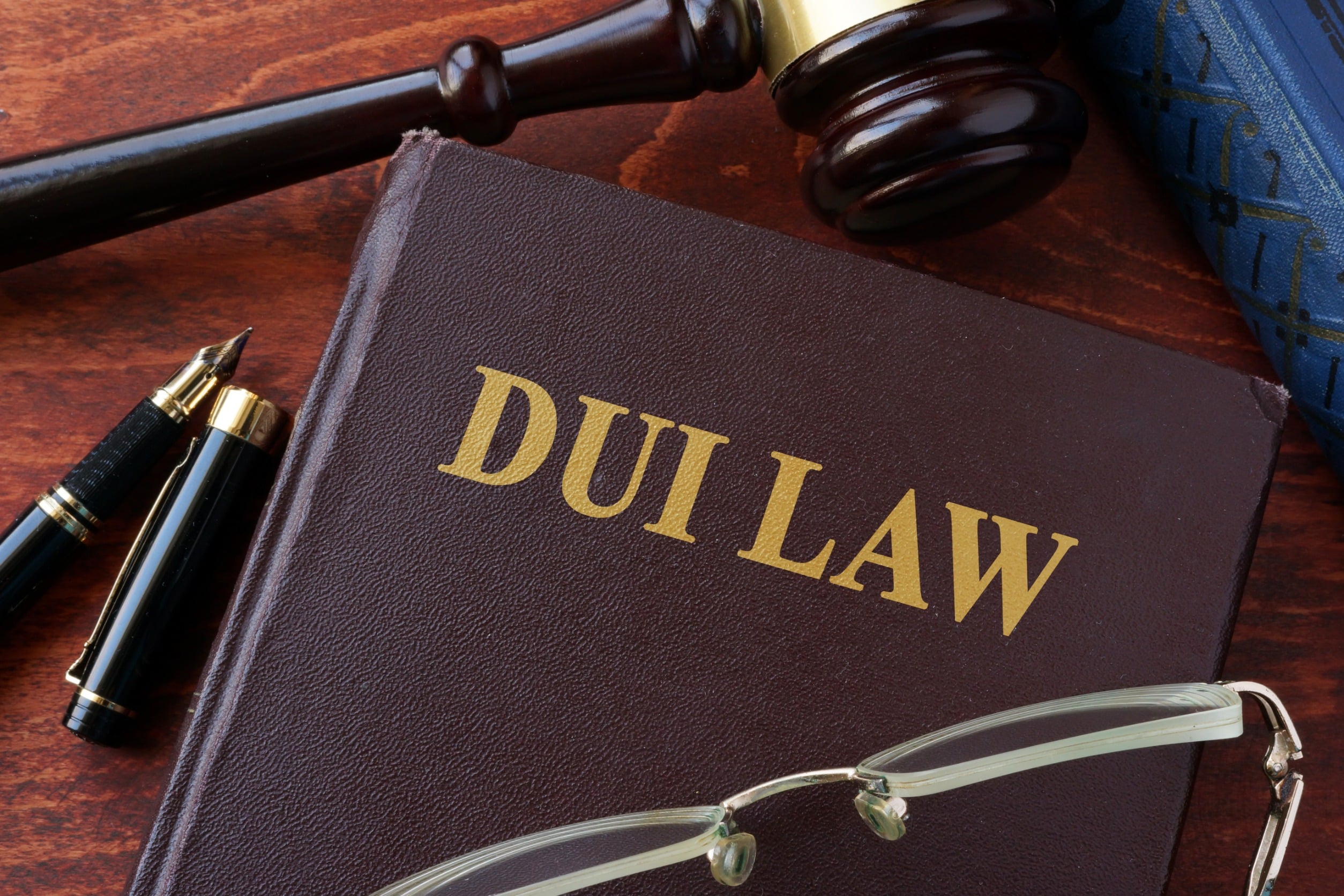When discussing DUI (Driving Under the Influence), the focus is often on alcohol impairment. However, driving under the influence of drugs (DUID), including prescription medications, illicit substances, and over-the-counter medicines, poses similar risks and carries severe legal consequences. In this blog, we will broaden the discussion beyond alcohol and explore the implications of driving under the influence of drugs in Minnesota. We’ll highlight challenges in accurately assessing impairment and discuss the importance of seeking representation from an experienced criminal defense lawyer when facing DUI allegations involving other substances.
Driving Under the Influence of Drugs:
Driving under the influence of drugs (DUID) refers to operating a motor vehicle while impaired by the effects of drugs. These drugs can include prescription medications, illicit substances such as marijuana or cocaine, and over-the-counter medicines like antihistamines or sleep aids. While alcohol impairment is typically measured using blood alcohol concentration (BAC) levels, detecting drug impairment presents unique challenges due to the variety of substances involved and their different effects on the body.
Challenges in Assessing Drug Impairment:
Unlike alcohol, which has well-established legal limits for impairment based on BAC levels, there are no universally accepted standards for drug impairment. The effects of drugs can vary widely depending on factors such as dosage, frequency of use, individual tolerance, and interactions with other substances. Additionally, different drugs can affect motor skills, reaction times, and cognitive functions in various ways, making it challenging to assess impairment accurately.
Detection of Drug Impairment:
Law enforcement officers may use various methods to detect drug impairment during traffic stops, including field sobriety tests, drug recognition evaluations (DRE), and chemical testing, such as blood or urine analysis. However, these methods may not always provide conclusive evidence of impairment, as drug metabolites can remain in the body for extended periods, even after the effects of the drug have worn off.
Legal Consequences of DUID:
In Minnesota, driving under the influence of drugs is a criminal offense that carries similar legal consequences to DUI offenses involving alcohol. Individuals convicted of DWI may face fines, license suspension or revocation, mandatory substance abuse treatment programs, and even imprisonment, depending on the severity of the offense and any prior criminal history.
Additionally, individuals convicted of DUI may also face collateral consequences such as increased insurance premiums, difficulty obtaining employment or housing, and damage to their reputation and personal relationships. These consequences can have long-lasting effects on an individual’s life and livelihood.
Building a Strong Defense:
Given the complexities involved in assessing drug impairment and the serious legal consequences of DUI convictions in Minnesota, building a solid defense is essential for individuals facing allegations of driving under the influence of drugs. An experienced criminal defense lawyer can provide invaluable guidance, representation, and advocacy throughout the legal process, helping defendants understand their rights, assess the strength of their case, and develop a strategic defense strategy.
A strong defense may involve challenging the validity of field sobriety tests or drug recognition evaluations, questioning the reliability of chemical testing results, and presenting evidence to rebut the prosecution’s allegations of impairment. Additionally, an experienced lawyer can negotiate with prosecutors to seek reduced charges or alternative sentencing options that may mitigate the potential consequences of a DUI conviction.
Moreover, a criminal defense lawyer can navigate the complexities of Minnesota’s DUI laws, including legal defenses, procedural requirements, and potential avenues for dismissal or reduction of charges. By enlisting the services of a skilled attorney, individuals facing allegations of driving under the influence of drugs can protect their rights, preserve their freedom, and work towards achieving the best possible outcome in their case.
DWI, DUI, or DUID:
Driving under the influence of drugs poses serious risks to public safety and carries severe legal consequences in Minnesota. With the growing prevalence of prescription medications, illicit substances, and over-the-counter medicines, accurately assessing drug impairment and prosecuting DWI cases presents unique challenges for law enforcement and the criminal justice system.
For individuals facing allegations of driving under the influence of drugs, seeking representation from an experienced criminal defense lawyer is crucial. A knowledgeable attorney can provide guidance, representation, and advocacy, helping defendants navigate the complexities of DUID laws, challenge the prosecution’s evidence, and build a strong defense strategy tailored to their unique circumstances. With skilled legal representation, individuals accused of DWI, DUI, or DUID can protect their rights, mitigate the potential consequences of a conviction, and work towards achieving the best possible outcome in their case.
About the Author:
Christopher Keyser is an AV-Preeminent rated criminal and DWI defense attorney based in Minneapolis who is known for fighting aggressively for his clients and utilizing innovative tactics to get the most positive results. He has been featured in numerous media outlets due to the breadth and depth of his knowledge and has been named a Certified Specialist in Criminal Law by the Minnesota Bar Association. Mr. Keyser is Lead Counsel rated, and he has received recognition for his criminal law work from Avvo, Expertise, and Super Lawyers.







